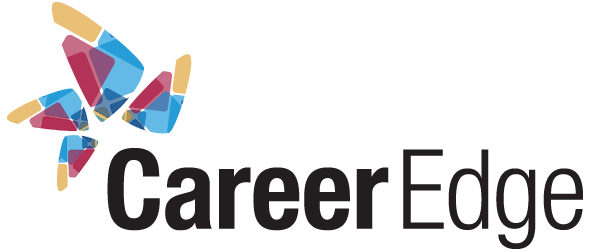“How does your company positively impact society?”
For hiring managers in 2020, prepare your answers – or lose top, post-millennial talent to your competitor. You know interviews involve more than selling the job – they require selling the company. But, how do you sell a company if you’re unsure which product features your target market needs most?
By 2020, Gen Zs will comprise more than 20 per cent of the population, forming a greater share of the jobseeker pool. Statistically, you’ll conduct more than one fifth of your interviews with candidates holding a significantly different set of values from millennials.
A 2015 study conducted by Robert Half and Enactus surveyed more than 770 postsecondary students from Canada and the United States to gain insight on Gen Zs’ career objectives and expectations, along with their obstacles and opportunities. Among those pursuing full-time jobs, 40 per cent of respondents selected ‘making a difference or having a positive impact on society’ as one of their top three priorities. Scored as the third-highest valued priority of 12 options, it ranked above ‘structured/stable work environment/job security,’ ‘good healthcare benefits/insurance,’ and ‘generous paid time off/vacation time’.
If Gen Zs want meaningful work, could these post-millennials narrow their job search to only employers making a difference both inside and outside the office?
For the first time, Deloitte included Gen Zs (born between January 1995 and December 1999) currently studying for or have obtained a first/higher degree, in their Millennial Survey for 2018. They reported that when compared to their survey a year ago, 17 per cent fewer respondents believe ‘corporations behave ethically’ and 15 per cent fewer believe ‘business leaders are committed to helping improve society’. The survey also revealed that 39 per cent of respondents feel businesses should try to improve society, but only 25 per cent believe improving society is a priority of their own employer.
To avoid losing top, post-millennial talent, it’s imperative your company positions itself as industry leaders by demonstrating how you’ve positively impacted society, such as showcasing employee volunteer programs, or diversity and inclusion initiatives. Your marketing team will need to re-direct collaboration time and efforts from sales to human resources to drive recruitment and retention. The Deloitte survey reported that 61 per cent of Gen Zs expect to ‘leave within two years’ while 12 per cent expect to ‘stay beyond five years’, concluding that recruiting and retaining millennials and Gen Zs starts with financial compensation and work environment, but strengthens with diversity and flexibility.
If your organization positively impacts society to lift others, why shouldn’t your company rise as well?

